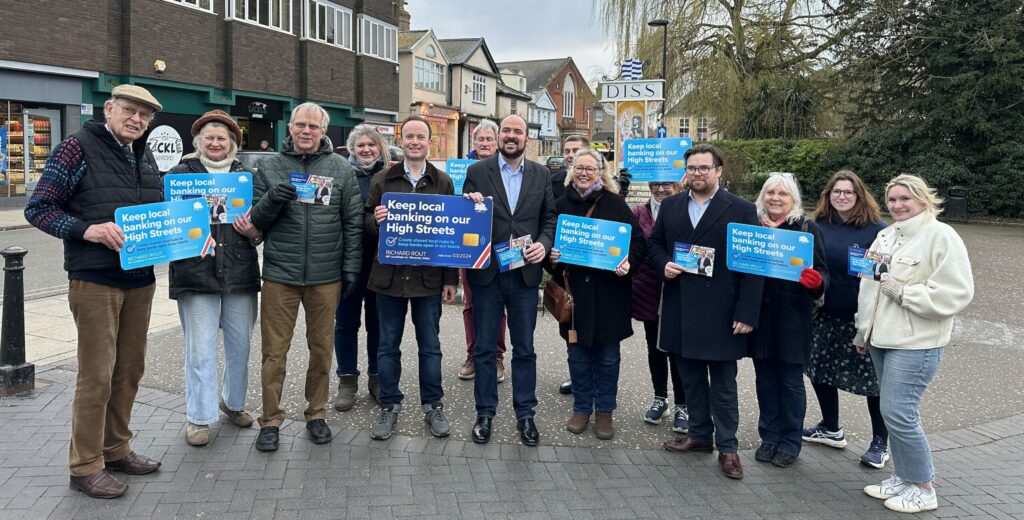The tax burden in the United Kingdom is on course to hit a post-war high of 37.7% of GDP. The Covid-19 Pandemic and Putin’s invasion of Ukraine have both contributed to public sector debt approaching its highest level since 1962. This money must be repaid but in order to grow the economy we need a programme of responsible and affordable tax cuts. Lower taxes will grow the private sector and ultimately increase total tax yields. A few key areas need our immediate focus; the personal tax-free allowance, fuel duty, inheritance tax – principally the family inheritance limit, IR35 and business rates reform to enable us to level up our market town centres.
In 2015, the personal tax-free allowance was £10,600. Adjusted for inflation that would be £13,660 in 2023 but, instead, we have the tax-free allowance currently proposed to be frozen until 2026 at £12,570. As soon as practical, we need to raise the personal tax-free allowance to £13,660 and continue to increase it in line with inflation. This will have the biggest positive impact for those on low incomes. Fuel duty continues to be a regressive form of taxation that penalises motorists and hauliers, a cut would ease inflation, reduce pressure on households struggling with the cost of living and galvanise our haulage industry.
Inheritance tax is a further tax on assets which have already been taxed. Often referred to as a ‘death tax’ it can be planned for and avoided by the most wealthy. However, much of the UK’s middle class, who cannot afford such planning, is now being sucked into paying. As a proportion of national income, inheritance tax is a tiny fraction – representing 0.3% of all government income. Inheritance tax thresholds should be immediately increased to reflect increased property prices and inflation and its long-term abolition seriously considered.
Tax cuts can only be paid for if we grow the economy. The repeal of IR35 would remove significant tax liability risk from businesses engaging with contractors. UK business needs to be able to employ talent on a flexible basis and without unnecessary complexity. We need to immediately consult with businesses and tax professionals to devise a system that is fair for off-payroll works, fair to business and isn’t vulnerable to avoidance. Business rate reform, allowing more flexibility locally, would allow us to rejuvenate high streets and town centres. But we need to recognise that businesses are not just in towns or along main roads – behind so many hedges on so many rural roads are thriving and innovative businesses who need our support. We need to ensure they’ve the access to grid connections, fibre networks, 5G, water supply and – importantly – well managed highways.





